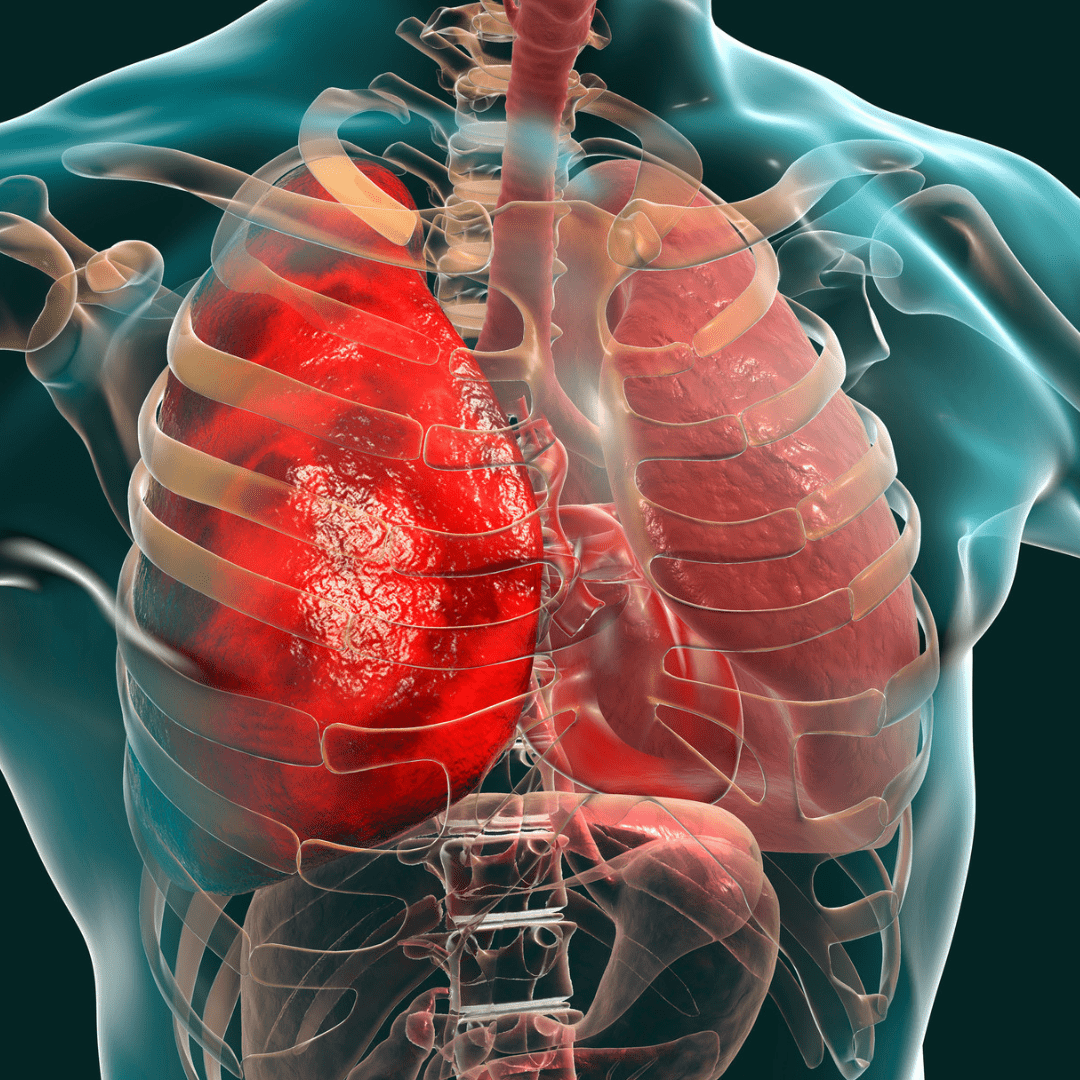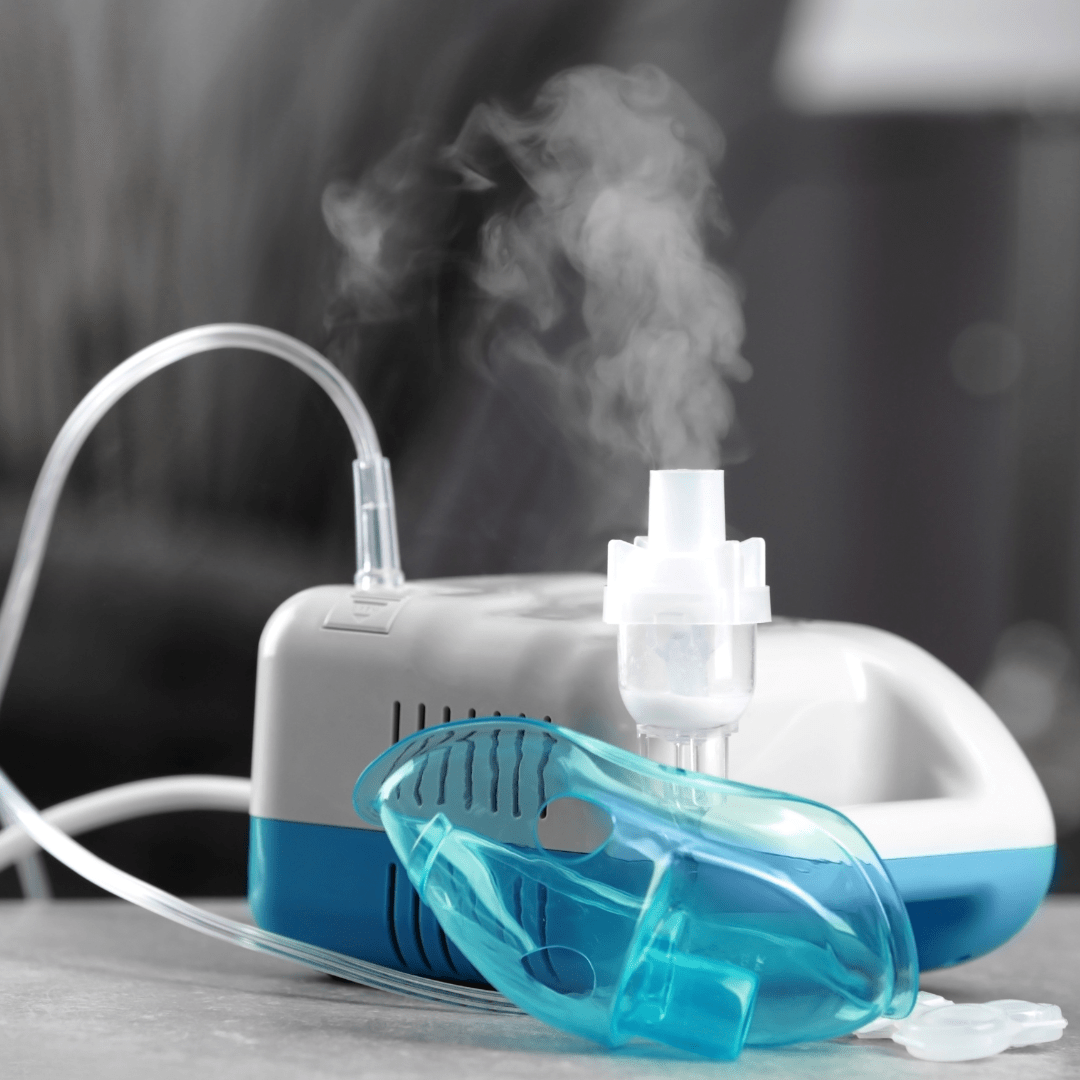

Extreme Conditions: Hazardous Air Quality
Read important guidance provided by the Person Centered Services Clinical Team on staying safe during when air quality conditions are poor or hazardous.
When our air quality is compromised by wildfires or other factors, people with intellectual and developmental disabilities, their families, Care Coordinators and Clinical Advisors should keep in mind the medical conditions that can be or are affected.
If you receive support through Person Centered Services, please reach out to your Care Coordinator with any concerns or questions related to the air quality in your area.

Diagnoses to keep in mind include, but are not limited to:
Lung Conditions
-COPD
-Pneumonia
-Asthma
-Emphysema
-Lung cancer
-Cystic fibrosis (chronic lung secretions)
Heart Conditions:
-Angina (chest pain)/history of heart attacks
-Coronary artery disease
-Cardiovascular disease
-Heart disease
It is important to understand that heart problems affect the oxygen’s ability to move throughout the body to our essential organs and systems. Also, it is important to understand that air pollution decreases the ability for oxygen to be absorbed through compromised lungs.
Some common symptoms of air pollution affecting an individual are but not limited to:
-Sneezing
-Coughing
-Shortness of breath
-Exacerbation of chronic diseases (asthma, COPD, etc.)
-Nausea
-Headaches
-Watery eyes
-Runny nose

Many of the symptoms listed above can occur in normal conditions, but to rule out what is normal and what is not, it is important to:
-Make regular visits to a Primary Care Provider as recommended and if there are any other non-urgent concerns.
-Conduct regular follow-ups with pulmonologists, cardiologists, and other relevant specialists that may be monitoring chronic conditions.
-Follow recommended treatments and medications (inhalers, nebulizers, CPAPs, BIPAPs).
-Ensure those with chronic lung conditions who rely on oxygen have enough reserve and needed equipment available (tubing).
Apart from medications or providers, people with developmental and intellectual disabilities should also always have access to:
-Fresh water
-Masks
-Air conditionings/air purifiers
We also encourage limiting time outdoors and activity that can overexert. If someone is a smoker, cessation is encouraged.
Those supported by Person Centered Services should reach out to their Care Coordinators with any questions related to air quality concerns.
